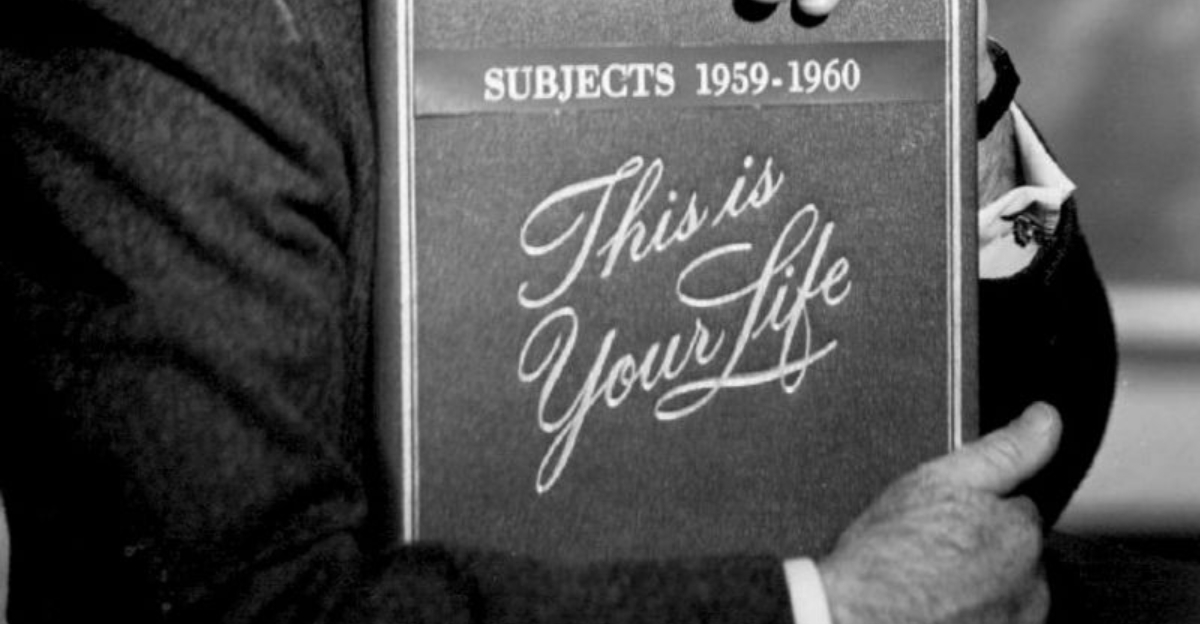’70s Rules For Women That Look Wild Through Modern Eyes
The 1970s promised freedom and change, yet plenty of expectations still held women in a very different world than the one we know today.
Advice columns, workplace norms, and unspoken social rules all outlined how women were “supposed” to behave, dress, and dream.
Looking back, many of those guidelines feel downright unreal, a reminder of how quickly culture can shift and how far society has come.
1. Expected To Quit Your Job Once You Got Married
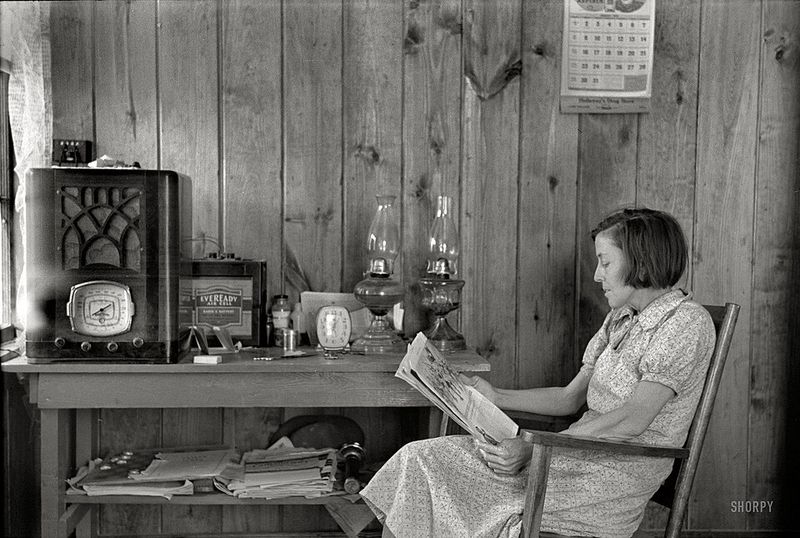
Can you imagine having to choose between love and your career? Back in the ’70s, many women faced pressure to leave their jobs the moment they said “I do.”
Employers often expected brides-to-be to hand in resignation letters, assuming marriage meant full-time homemaking. Companies even had policies encouraging this outdated practice.
2. Being Warned That Being Too Ambitious Would Scare Men Away
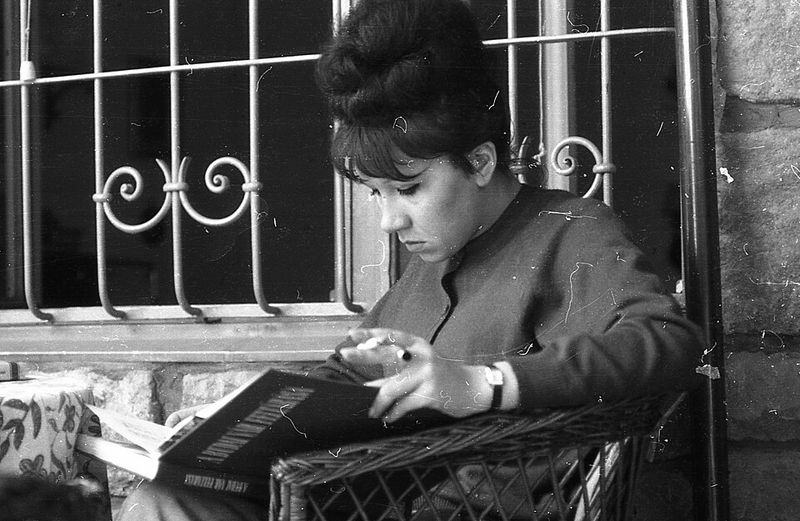
Ambitious women received constant warnings about intimidating potential husbands throughout the ’70s. Success was seen as threatening to men’s egos and marriage prospects.
Women were advised to hide accomplishments and downplay intelligence to seem more attractive and marriageable. This created impossible choices between personal fulfillment and relationships.
Fortunately, modern partnerships increasingly value equality, and secure partners celebrate their significant others’ achievements rather than feeling threatened by them.
3. Being Told Not To Wear Pants In Certain Workplaces
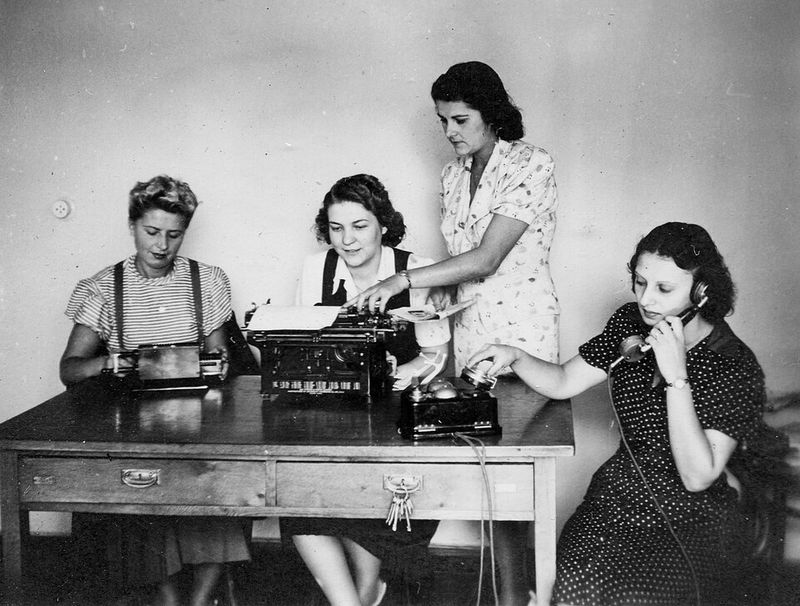
Wearing pants to work could actually get you sent home or fired in many 1970s offices. Dress codes strictly mandated skirts and dresses for women, no matter how impractical or uncomfortable.
Even in cold weather, exposed legs were considered more “professional” than warm trousers. Some women staged protests by wearing pantsuits anyway.
4. Being Denied Promotions Because Men Have Families To Support

Qualified women regularly watched less experienced men get promoted over them for one ridiculous reason: male breadwinner assumptions. Managers openly stated that men “needed” promotions more because they had families to feed.
Nobody seemed to consider that women might also support families or simply deserve advancement based on merit. This excuse kept talented women stuck in lower positions for years.
5. Needing A Husband’s Signature To Open A Credit Card Or Bank Account

Financial independence wasn’t even an option for most married women in the 1970s. Banks required a husband’s signature before opening accounts or issuing credit cards to wives.
Single women often needed a male relative to co-sign, treating grown adults like children. This practice wasn’t just insulting – it trapped women in bad situations.
Thankfully, laws changed to give women control over their own money and financial futures.
6. Having To Justify Wanting A Career Instead Of Staying Home
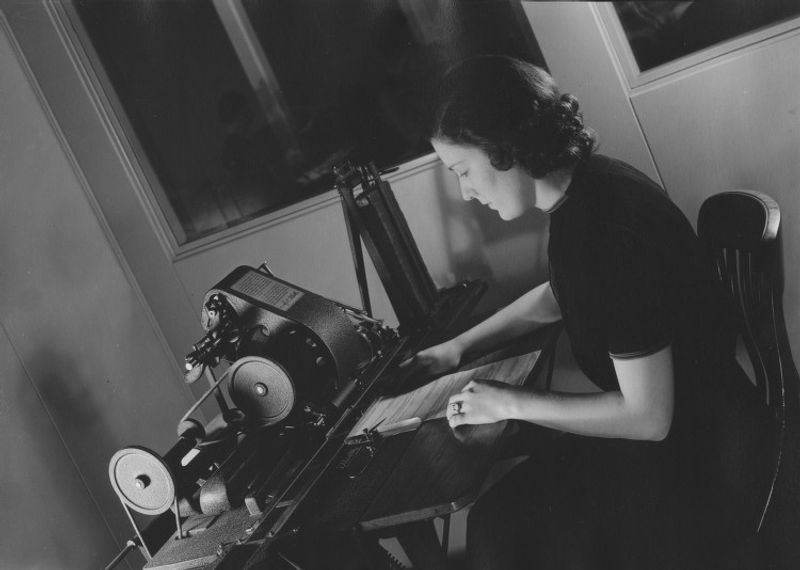
Ambitious women faced interrogations about their life choices constantly. Family, friends, and even strangers felt entitled to question why someone would choose work over homemaking.
Women had to defend their career aspirations as if wanting professional fulfillment was somehow selfish or unnatural. The pressure to conform was intense and emotionally exhausting.
7. Being Expected To Do All the Housework Even If You Also Worked Full-Time
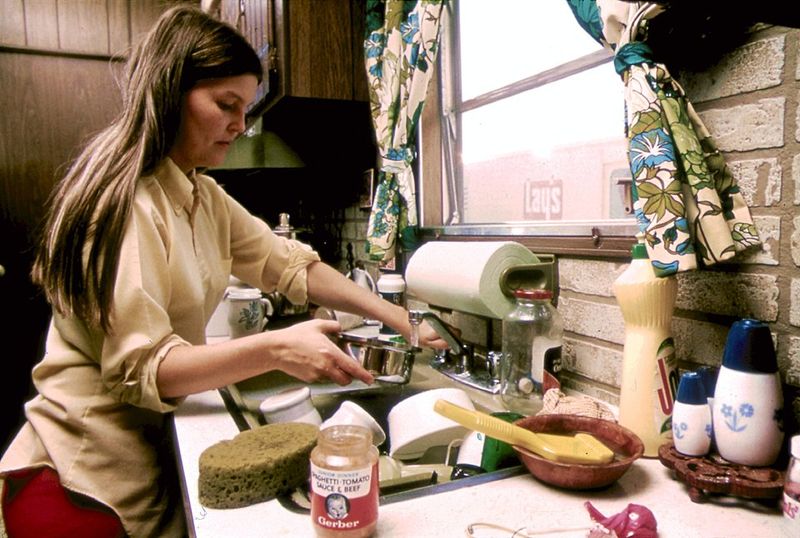
Working a full-time job didn’t excuse women from their “real” duties at home. Even when contributing equally to household income, wives were still expected to handle all cooking, cleaning, and childcare.
Husbands rarely helped, viewing domestic tasks as exclusively women’s work regardless of circumstances. This created an unfair double burden that left women exhausted.
Today, more couples share responsibilities equally, recognizing that partnership means teamwork in all areas.
8. Being Expected To Maintain Perfect Hair And Makeup at All Times
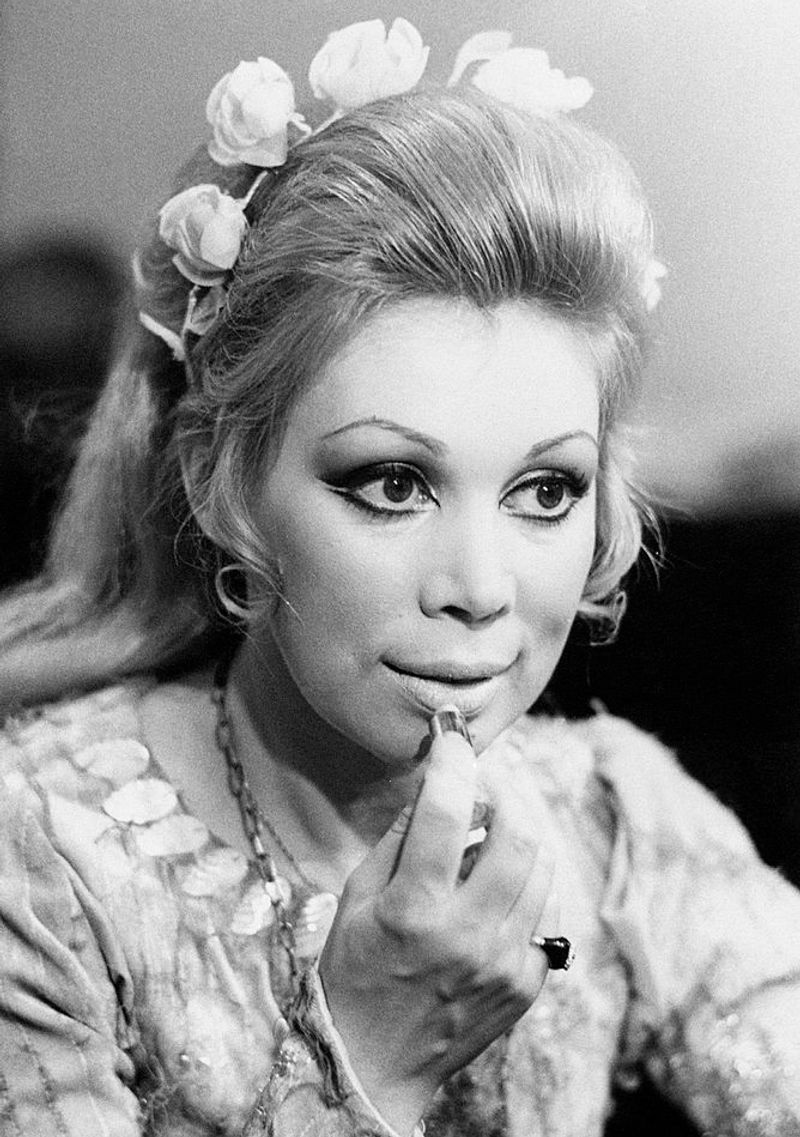
Leaving the house without full makeup and styled hair was practically scandalous in the 1970s. Women spent hours daily on appearance maintenance, even for quick errands.
Natural looks were considered sloppy or lazy, and women faced criticism for appearing “unpresentable.” The beauty standards were exhausting and time-consuming.
Modern attitudes are thankfully more relaxed, celebrating natural beauty and individual style choices without rigid expectations for constant perfection.


